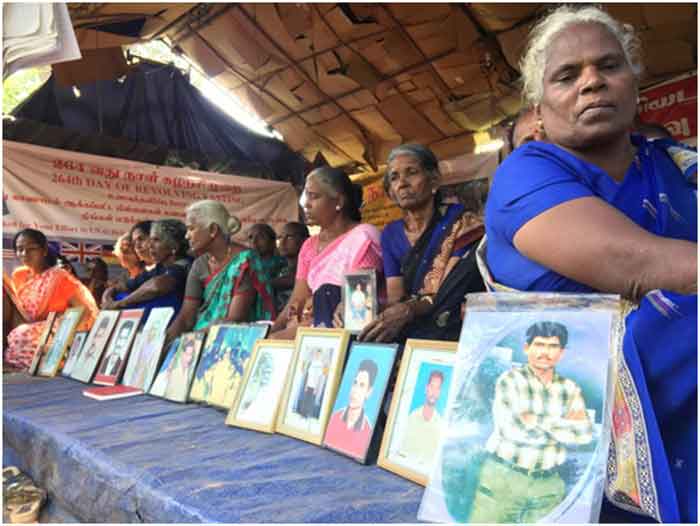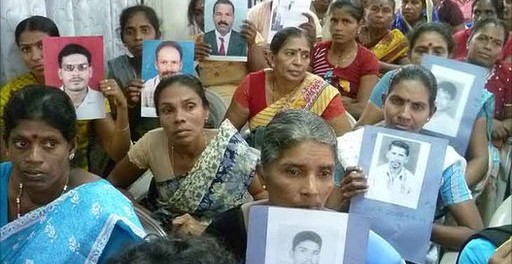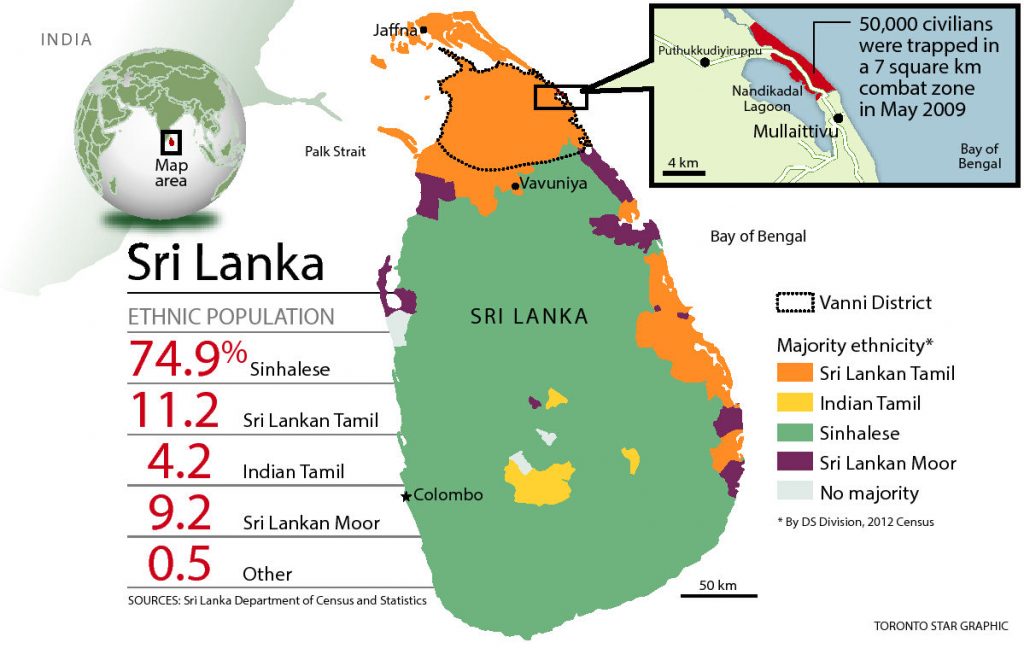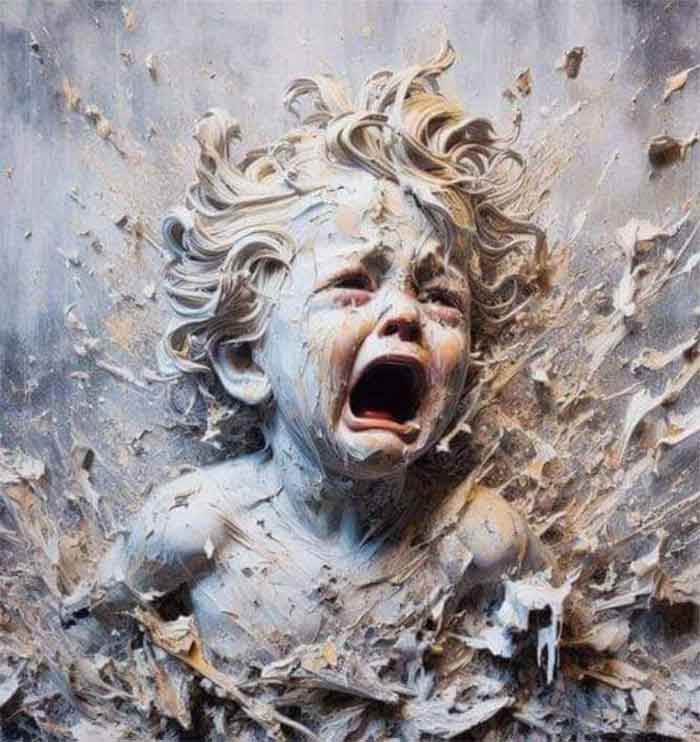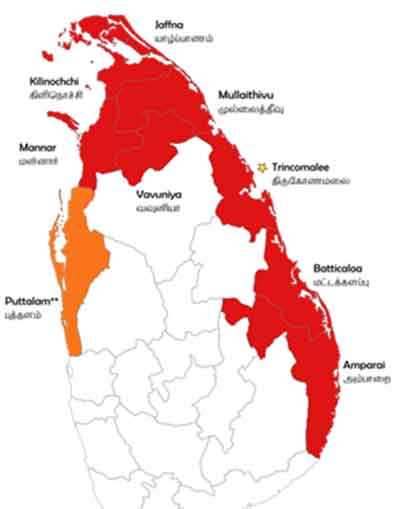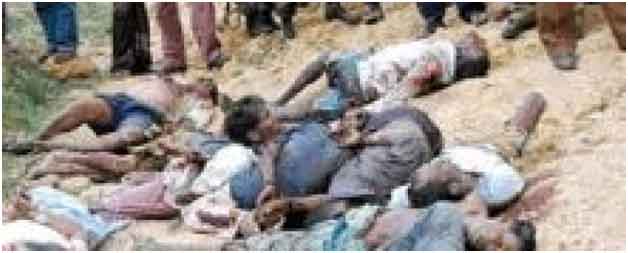
The culture of impunity has matured and has become endemic among the police and the security forces of Sri Lanka.
Increasing Militarisation in the North and East of Sri Lanka and A Culture of Impunity in Sri Lanka The Sri Lankan military enjoys total impunity for human rights violations. To this day, almost no one has been held accountable for crimes committed during the civil war in Sri Lanka, or the many other human rights violations committed both before and after.
It is time the international community recognises and understands the dynamics of human rights violations in Sri Lanka and the deceptive statements the government issues, and ensures the rights of those victims of violations are protected, even by recourse to the principle of the UN’s Responsibility to Protect.
“The international community has repeatedly urged the Government of Sri Lanka to prevent further violence and to prosecute security force members committing extra-judicial killings. In 1983, the Government assured the United Nations that it intended to protect the fundamental rights of all Sri Lankan nationals. In February of 1984, Sri Lanka’s Permanent Mission to the United Nations reiterated this commitment, assuring the United Nations’ Commission on Human -Rights that the rash of Tamil killings during 1983 would be investigated and that the security forces responsible would be punished. To date, however, no security force personnel have been prosecuted.” — May, 1985
Thirteen years since the end of the war, victims of past human rights violations continue to await truth and justice. The Sri Lankan State, including through successive governments, has consistently failed to pursue an effective transitional justice process to hold perpetrators of gross human rights violations and abuses accountable and uphold victims’ rights to truth, justice and reparations. Rather, they have created political obstacles to accountability, and actively promoted and incorporated some military officials credibly implicated in alleged war crimes into the highest levels of government. This impunity emboldened those committing human rights violations and created a fertile ground for corruption and the abuse of power.
‘UN report demands demilitarization of the North and East of Sri Lanka.
The ever diminishing authority of the courts has made its adverse influence felt in all public institutions. The policing system in Sri Lanka has lost its capacity to uphold the rule of law. Lawlessness has spread into all areas of life as the police remain incapable of dealing with crime and upholding law and order. The Inspector General of Police and the high-ranking police officers no longer have the capacity to ensure discipline within the police as the policing system is controlled from the outside by the executive president and the politicians of the ruling regime. This process is known as the politicization of the police force. The Sri Lankan police has a reputation of the widespread use of torture at all police stations. Hundreds of cases have been recorded in 2010 relating to use of torture and extrajudicial killings that have taken place throughout the country. However, there is no machinery to investigate such allegations. A few years ago, Special Inquiry Units of the CID were assigned to investigate allegations of torture and extrajudicial killings. In many of the investigations, SIU teams found that the allegations were credible and many indictments were filed against the police for violating the country’s law against torture, Act no.22 of 1994. However, this practice of assigning SIUs to investigate such allegations has been abandoned. So-called internal inquiries, conducted by high-ranking police officers themselves, have no credibility at all. When allegations of abuse of police authority are made to the Inspector General of Police, he promptly sends a reply promising investigations. However, nothing credible ever happens. As a result, the practice of torture and extrajudicial killings continues at police stations. In most instances, the victims are innocent and belong to the poorer sections of society. The intended purpose of torture is often to find a substitute ‘criminal’ to be made the accused in crimes that the police have failed to resolve. Such widespread torture by the police is quite well-known. However, the government is unwilling and incapable of dealing with this issue.
Active reversal of progress on emblematic cases
A key concern of the report was not only the lack of progress in the most emblematic human rights cases in Sri Lanka over the past decade but the “active reversal in the form of acquittals on appeal and presidential pardon granted to those accused or convicted of grave violations”.
The report details how the Presidential Commission of Inquiry to Investigate Allegations of Political Victimization intervened in high-profile human rights cases, from 2005-2015, to push for alleged human rights abusers to be cleared of any charges and compensated. The report also notes that “a number of corruption and other related economic crimes cases between 2020 and 2022 were discontinued, following the withdrawal of charges or indictments on various technical grounds”.
In the Sri Lankan context a political and economic solution to the conflict is absolutely essential. However, this does not preclude that accountability and addressing entrenched impunity for serious crimes is equally important. The scale and gravity of the crimes perpetrated in 2009 against civilians demands justice. Listening to the traumatized survivors as I did on the UN Panel of Experts as well as the many courageous individuals who stayed behind in the war zone, it is obvious that these are extraordinary crimes for which there must ultimately be accountability.
Impunity is a serious issue that affects many different aspects of society. Societies where impunity remains a prominent issue become breeding grounds for oppression, crime, and human rights violations. Filmmaker Cullum Macrae made a documentary on this topic and claimed that Sri Lanka has reached a ‘culture of impunity’ (Context: Beyond the Headlines, 2019). The international community is now pressuring Sri Lanka to end impunity and demand justice for those who are left to suffer (Amnesty International, 2017).
Sri Lanka has the second-highest number of enforced disappearances globally, after Syria. Those victims of such disappearances are kidnapped by state officials directly off the street or from their own homes. The whereabouts of these victims often remain unknown, and they rarely return to their families (Amnesty International, 2017). During the last year of the civil war (2008-2009), thousands of Tamils disappeared, presumably kidnapped by Sri Lankan state officials. The government has yet to admit to the victims’ family members what happened to them and if they are still alive. The government’s denial of the disappearances, and thus the lack of effort to allow the victims to return to their families, violates fundamental human rights. Therefore, this should be of concern to the international community (Amnesty International, 2017).
Kumarathasan Rasingam, Secretary, Tamil Canadian Elders for Human Rights Org.

